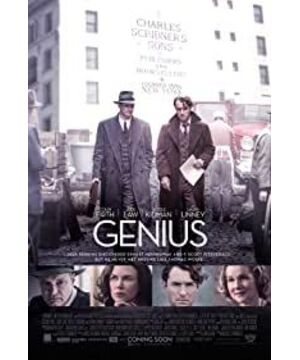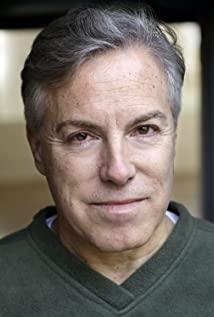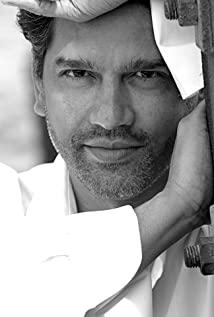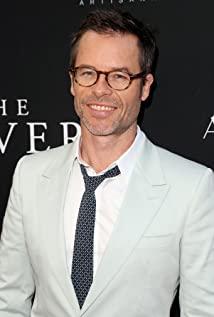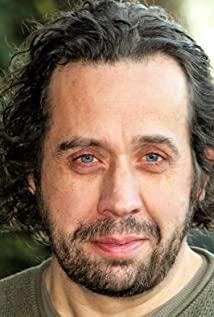Text | Sairen
For someone like me who has worked as an editor before, watching "Genius Catcher" is still fresh. Of course I am magazines, and the famous Maxwell Perkins is engaged in books. The only thing in common, we all make corrections to the author's title. For example, "Malcho at West Egg" was changed to "The Great Gatsby", or Thomas Wolf's famous work "Angel Hope Homeland" mentioned in the film was originally called "Ah, Lost" . Whether in terms of sales or just in terms of flavor, it is not difficult to see that Perkins has his own uniqueness.
When I was editing, most of the time I didn't make a big addition, deletion or revision to the content of the article. At least in terms of word count, it was decided in advance. This should be another difference between journals and books when facing manuscripts. What fascinated me the most in "Genius Catcher" was, of course, how five thousand pages of manuscript paper turned into a booklet of several hundred pages. Judging from the performance of the film, this is the perfect combination of the gold-medal editor Perkins and the genius writer Wolff, and it feels like the one who basically doesn't take off the top hat is the one who dominates. The relationship between the two is not a simple horse and a thousand miles, but more like a perfect match between a jockey and a good horse.
Any text that knows cold and heat, and has its own temperature, should be classified as literature. And advanced literature, its body temperature is floating in the air. Therefore, some people say that for a truly painstaking and brilliant work, there are at most two readers, one is the author himself, and the other is another "author". This "author" is in perfect harmony with you technically and artistically, and is highly compatible with you in terms of mental and emotional intelligence. Perkins and Wolfe are such a kind of peasant-like soulmate. If two people really have a heart-to-heart relationship, it is not just a matter of fame and fortune in a realistic sense, but a repeated overlap of spiritual boundaries. This kind of emotional intertwining should be said to only fall on a few people for hundreds of years, but the impermanence of fate is that no matter how you cherish and cultivate it, the better it is, the easier it is to lose it. "Genius Catcher" is about this embarrassing process.
Therefore, the most moving scene in the film is Wolf leading Perkins to a jazz bar. "La La Land" also has a similar plot, and its rhetoric is the same. The general idea is that every performance of jazz is an artistic re-creation, and its charm is its ever-changing improvisational colors. This line of "La La Land" is left unfinished in the end, and "Genius Catcher" is a metaphor for the wonderful relationship between an editor and a writer through jazz, the magical charm that awaits every rewrite. If it is an inappropriate analogy, it is the sweetest spiritual honeymoon for the two of them together. This is more nuanced and subtle than the "I love you" that Wolfe shouted in an uncontrollable voice when he sent Perkins off. Many people think that the relationship between these two people is about to be broken. In this era of corrupt culture, I can only keep my last bit of old school. I have always insisted that human interaction can transcend gender.
Let's go back to that jazz bar, the seemingly stereotypical Perkins seems to have maintained an outsider status in such a sensual venue. But he also has his own comforts. He can read Wolff's double routine of anti-literature and life in one breath, "Angel Looking at Hometown", which shows that he also has a wild side of my heart. He probably always hopes Looking forward to such a disregard of the text, to smash his old rituals in the depths of his heart. But at this moment, it is not that the occasional spiritual derailment makes others feel so happy, but that he, as a spiritual "father", sees the son's generation so healthy, full and energetic, and a feeling that springs to his heart. a sense of satisfaction. Next, Wolff showed off his sister-sucking skills, and it was a double-fuck. Wolff, who was too suave, held two sisters at the same time like a stroll. This is not the decadence in "A Clockwork Orange" that allows animal nature to overcome human nature, but the free sway of vitality. Perkins once again did his duty as editor, and he was willing to be a pleasant spectator.
It is difficult for some strongmen to require every viewer to become a reader of "Angel Hopes Hometown" before watching "Genius Catcher". But if you have the desire to read Wolff's famous works because of this movie, then this movie is also a good thing. "Angel Looking Hometown" is the key to entering "Genius Catcher". This is a typical autobiographical novel. The protagonist Eugene is Wolf, and his father Gant is a sculptor who has artistic talent but never succeeded. The book calls him a mason.
The ace editor Perkins is an extension of Wolf's father's image. It is through Perkins' skillful hand that Wolf's stubborn stone has become a shining jade. As a result, Wolff's dependence on Perkins from his son to his father is also vaguely wrapped in a patricide complex. At the same time, he also hides his loneliness for this "father's love". He will inevitably have to carry a gun and a stick to Fitzgerald, another great writer who has been touched by Perkins. , which was also the beginning of the split between two of the best editors and writers. Between men, it can also be said that between people, Li Zongsheng's lyric has been fulfilled: I have only seen a long-term relationship, but I have never seen a long-term relationship. But then I think about it, life is perfect because it is not perfect, and it is clear and relieved.
Finally, I would like to talk about Nicole Kidman, who plays a neurotic female writer in the Oscar-winning "All the Time", who happens to be also called Wolfe (generally known as Woolf in Chinese translation). She plays Erin Bernstein, a costume designer for theatrical stage, who is also a bit neurotic. Her most stunning appearance in the film was when she went to the train station to pick up Wolff, and Wolff, who was so glamorous, resolutely walked with Perkins. She is in the center of the camera, flanked by men who are retrograde with her. Many people are shocked by Kidman's coldness, thinking that there is a sense of feminism that does not walk with men. In fact, her hysterical performance in the film is no different from the one crying, two troubles and three hangings of a Chinese woman. So what this scene wants to show is that she can't enter the world of men.
This man's world is lonely, and loneliness is never accomplished by one person, that is loneliness. Loneliness is usually done by two people together. That's what "Genius Catcher" is about.
This article was first published on the public account of Barcelona Films
View more about Genius reviews


